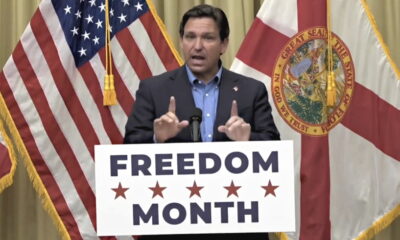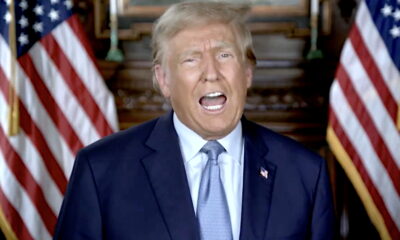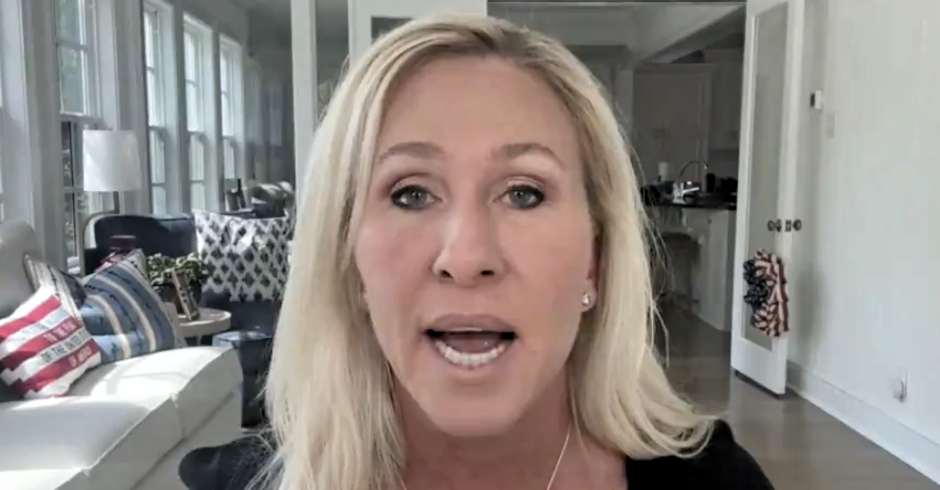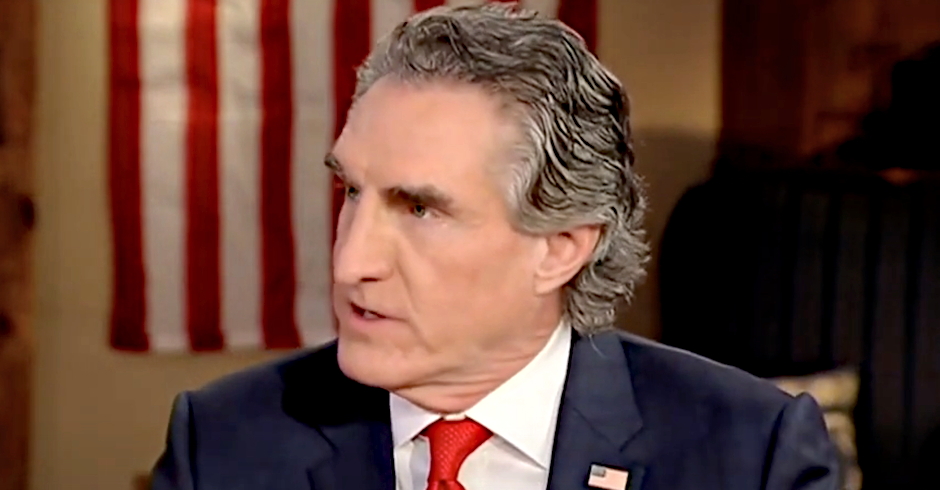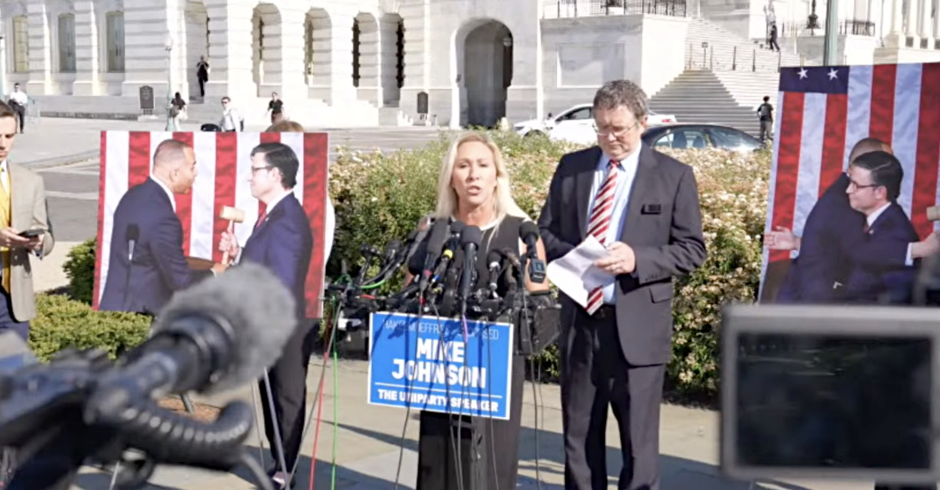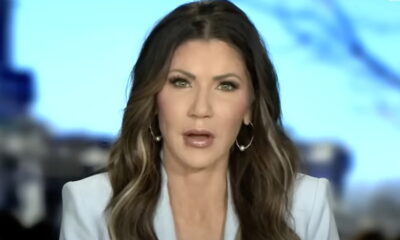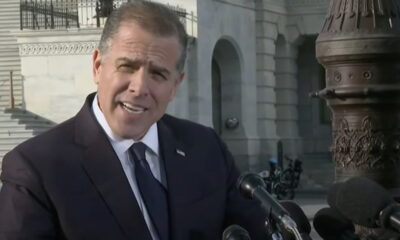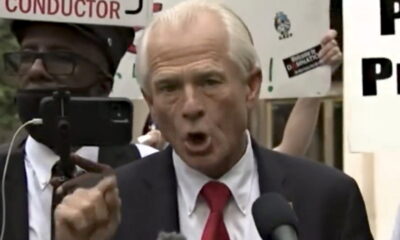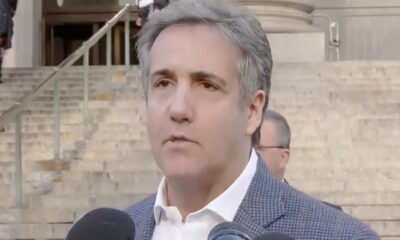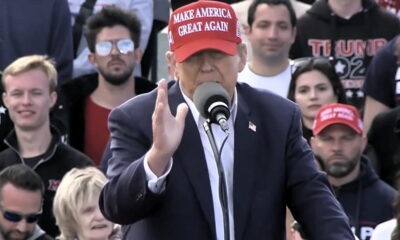News
Cannon: ‘Unnecessary’ to Consider 2024 Election in Trump Trial Schedule ‘At This Juncture’
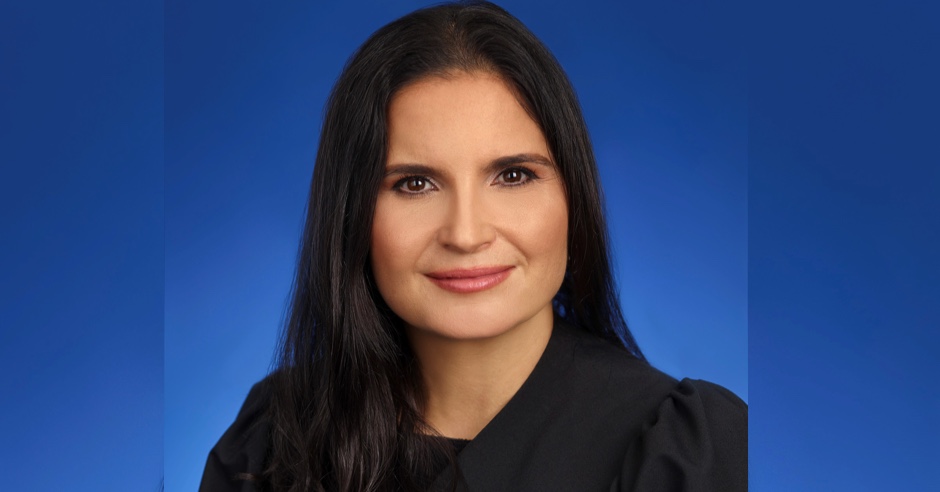
Judge Aileen Cannon has set the trial date in the Dept. of Justice’s Espionage Act case against Donald Trump for May 20, 2024, but her order and the date set has split some experts.
“The Court was right to set a trial date and May is a reasonable date, but it absolutely could’ve been scheduled sooner,” wrote Brandon Van Grack, a national security attorney and former senior DOJ official. “For example, it shouldn’t take a month to resolve issues w/ the classified info protective order, which must be resolved before classified docs can be produced.”
Harry Litman, a former U.S. Attorney and Deputy Asst. Attorney General called the May 2024 trial date “about as extended as it could be without seeming ridiculous.”
Joyce Vance, also a former U.S. Attorney, offered a wide view.
“Here’s the thing–in a case like this, plenty of opportunity for Trump to manufacture delay & if this date slips, it makes it far less likely trial happens before the election,” Vance writes. She also criticized Judge Cannon for choosing to hold the trial at the federal courthouse in Fort Pierce, “with its tiny courtroom & no cameras allowed,” calling it “a disservice to democracy.”
Andrew Weissmann, the former FBI General Counsel and 20-year DOJ veteran called the May 2024 date a “big win for Jack Smith,” but adds: “the key is making this schedule stick.”
Civil rights attorney Scott Hechinger writes: “Note from your area defense attorney: There are always delays and there is no chance—if the trial proceeds at all—that it will actually begin on the date set of May 20, 2024. I don’t think it will happen, if at all, before Election Day.”
The Messenger’s senior legal correspondent Adam Klasfeld noticed an important and eyebrow-raising aspect in Cannon’s order.
“Significant in Judge Cannon’s new scheduling order,” Klasfeld writes. “She found it’s ‘unnecessary’ to factor the 2024 election into her scheduling decisions ‘at this juncture.'”
“At this juncture’ appears to be quite an asterisk,” he observes.
“She also designated the case ‘complex,’ against the government’s wishes here,” Klasfeld adds.
Over at The Messenger, Klasfeld explains: “In her ruling, Cannon waved away entreaties from Trump’s legal team to consider the political backdrop with which his trial is set to take place. The ex-president’s lawyers have cited the storm of pretrial publicity about the race to the White House on the jury pool as a reason he can’t get a fair hearing. Cannon noted a caveat that she may listen to those concerns again later.”
Trump faces 31 charges under the Espionage Act and six other charges including conspiracy to obstruct justice, tampering with grand jury evidence, concealing evidence in a federal investigation, and making false statements, The Washington Post has reported.
Enjoy this piece?
… then let us make a small request. The New Civil Rights Movement depends on readers like you to meet our ongoing expenses and continue producing quality progressive journalism. Three Silicon Valley giants consume 70 percent of all online advertising dollars, so we need your help to continue doing what we do.
NCRM is independent. You won’t find mainstream media bias here. From unflinching coverage of religious extremism, to spotlighting efforts to roll back our rights, NCRM continues to speak truth to power. America needs independent voices like NCRM to be sure no one is forgotten.
Every reader contribution, whatever the amount, makes a tremendous difference. Help ensure NCRM remains independent long into the future. Support progressive journalism with a one-time contribution to NCRM, or click here to become a subscriber. Thank you. Click here to donate by check.
 |









